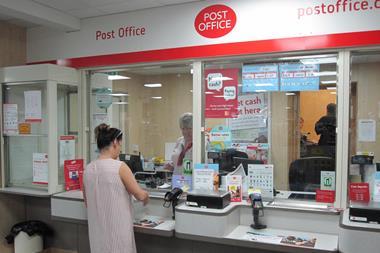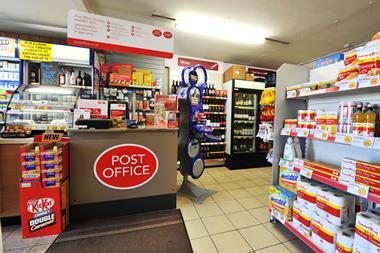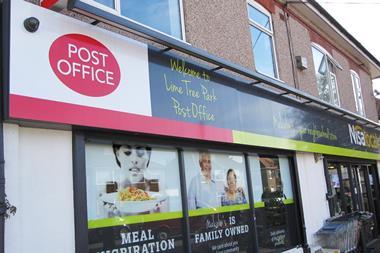Subpostmasters urge government to protect post office network

The government is being urged to intervene to save the UK’s post office network from potential collapse, with 2,500 post offices at risk of closure.
ALREADY HAVE A REGISTERED USER ACCOUNT? PLEASE LOG IN HERE
To read the full story join the ConvenienceStore.co.uk community today!
Registration is quick and easy and provides access to:
- Unlimited ConvenienceStore.co.uk articles
- Our great range of newsletters
- Content you’ve saved for later via the ‘my library’ feature
And much more…































